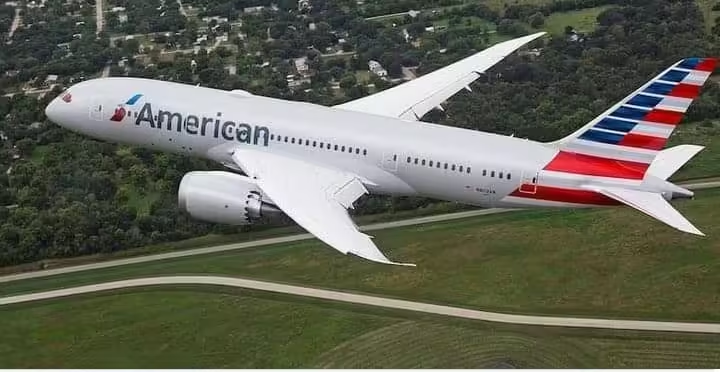American Airlines, one of the largest airlines in the United States, is facing a new lawsuit accusing the company of misrepresenting its sales and distribution strategy. The lawsuit, filed by a group of business partners and consumers, alleges that the airline engaged in deceptive practices to gain an unfair market advantage.
At the core of the lawsuit is the claim that American Airlines misled its partners and customers about the true nature of its distribution and sales practices. Specifically, the plaintiffs argue that the airline failed to provide clear and accurate information regarding the terms and policies affecting the pricing and availability of airline tickets. As a result, they contend that the company engaged in unfair business practices and misled consumers.
One of the primary allegations revolves around what the plaintiffs describe as “restrictive distribution” practices. According to the lawsuit, American Airlines limited the sale of certain tickets to its own channels or selected third parties, effectively manipulating the market to increase prices and reduce choices for consumers. This strategy, the plaintiffs claim, was not adequately communicated to business partners, leading to a loss of trust and significant financial impacts.
Furthermore, the lawsuit accuses American Airlines of using misleading marketing practices to create the impression that certain flights were sold out or that ticket prices were fixed, when in reality, the airline was manipulating this information to maximize revenue. This alleged behavior, according to the lawsuit, caused consumers to make purchasing decisions based on inaccurate or incomplete information, violating consumer protection laws.
The plaintiffs also argue that these deceptive practices were aimed at maximizing profits at the expense of transparency and fairness in the market. By controlling how and where tickets were sold, the airline allegedly created an uneven playing field, disadvantaging certain partners and forcing consumers to pay higher prices for the same services.
American Airlines, on the other hand, has denied all allegations, asserting that its business practices comply with all relevant laws and regulations. The company has stated that it will vigorously defend itself in court and prove that its sales and distribution strategies are lawful and transparent.
This lawsuit comes at a time when American Airlines, like many other carriers, is already facing significant challenges due to the global COVID-19 pandemic, which has drastically reduced demand for air travel. The outcome of this case could have far-reaching implications for the airline, potentially leading to substantial financial penalties and increased regulatory scrutiny.
If the plaintiffs succeed in proving their claims, American Airlines could be subject to serious financial consequences, as well as potential damage to its reputation. The lawsuit also highlights ongoing concerns in the airline industry regarding transparency and fairness in pricing and ticket distribution, issues that have been the subject of scrutiny by regulators and consumer advocacy groups.
As the legal process unfolds, this case may serve as a critical test of how far airlines can go in their efforts to control distribution channels and pricing strategies without crossing legal and ethical boundaries. The broader impact on the airline industry will depend on the court’s interpretation of the allegations and the evidence presented by both sides.
